

Newsprint is on life support, emojis are multiplying faster than hungry Gremlins, and 300 million people worldwide strive to make their point in 140 or fewer characters.
People don’t have the time or the attention span to read any more words than necessary. You want your readers to hear you out, understand your message, and perhaps be entertained, right? Here’s a list of words to eliminate to help you write more succinctly.
1. That
It’s superfluous most of the time. Open any document you’ve got drafted on your desktop, and find a sentence with that in it. Read it out loud. Now read it again without that. If the sentence works without it, delete it. Also? Don’t use that when you refer to people. “I have several friends that live in the neighborhood.” No. No, you don’t. You have friends who. Not friends that.
2. Went
I went to school. Or the store, or to church, or to a conference, to Vegas, wherever it is you’re inclined to go. Instead of went, consider drove, skated, walked, ran, flew. There are any number of ways to move from here to there. Pick one. Don’t be lazy and miss the chance to add to your story.
3. Honestly
People use honestly to add emphasis. The problem is, the minute you tell your reader this particular statement is honest, you’ve implied the rest of your words were not. #Awkward
4. Absolutely
Adding this word to most sentences is redundant. Something is either necessary, or it isn’t. Absolutely necessary doesn’t make it more necessary. If you recommend an essential course to your new employees, it’s essential. Coincidentally, the definition of essential is absolutely necessary. Chicken or egg, eh?
5. Very
Accurate adjectives don’t need qualifiers. If you need to qualify it? Replace it.
Very is intended to magnify a verb, an adjective, or another adverb. What it does is makes your statement less specific. If you’re very happy? Be ecstatic. If you’re very sad, perhaps you’re melancholy or depressed. Woebegone, even. Very sad is a lazy way of making your point. Another pitfall of using very as a modifier? It’s subjective. Very cold and very tall mean different things to different people. Be specific. She’s 6’3″ and it’s 13 degrees below freezing? These make your story better while also ensuring the reader understands the point you’re making.
6. Really
Unless you’re a Valley Girl, visiting from 1985, there’s no need to use really to modify an adjective. Or a verb. Or an adverb. Pick a different word to make your point. And never repeat really, or very for that matter. That’s really, really bad writing.
If you are visiting from 1985? Please bring the birth certificate for my Cabbage Patch Doll on your next visit. Thanks.
5 Horrible Habits You Need to Stop Right Now





7. Amazing
The word means “causing great surprise or sudden wonder.” It’s synonymous with wonderful, incredible, startling, marvelous, astonishing, astounding, remarkable, miraculous, surprising, mind-blowing, and staggering. You get the point, right? It’s everywhere. It’s in corporate slogans. It dominated the Academy Awards acceptance speeches. It’s all over social media. It’s discussed in pre-game shows and post-game shows.
Newsflash: If everything is amazing, nothing is.
8. Always
Absolutes lock the writer into a position, sound conceited and close-minded, and often open the door to criticism regarding inaccuracies. Always is rarely true. Unless you’re giving written commands or instruction, find another word.
9. Never
See: Always.
10. Literally
Literally means literal. Actually happening as stated. Without exaggeration. More often than not, when the term is used, the writer means figuratively. Whatever is happening is being described metaphorically. No one actually “waits on pins and needles.” How uncomfortable would that be?
11. Just
It’s a filler word and it makes your sentence weaker, not stronger. Unless you’re using it as a synonym for equitable, fair, even-handed, or impartial, don’t use it at all.
12. Maybe
This makes you sound uninformed, unsure of the facts you’re presenting. Regardless of the topic, do the legwork, be sure, write an informed piece. The only thing you communicate when you include these words is uncertainty.
13. Stuff
This word is casual, generic even. It serves as a placeholder for something better. If the details of the stuff aren’t important enough to be included in the piece? Don’t reference it at all. If you tell your reader to take your course because they’ll learn a lot of stuff? They’re likely to tell you to stuff it.
14. Things
See: Stuff.
15. Irregardless
This doesn’t mean what you think it means, Jefe. It means regardless. It is literally (see what I did there?) defined as: regardless. Don’t use it. Save yourself the embarrassment.
Whether you’re ghostwriting for your CEO, updating a blog, selling a product, or finishing your master’s thesis, you need to keep your reader engaged. These 15 words are a great place to start trimming the fat from your prose. Bonus? You’ll sound smarter.
This post is in partnership with The Muse. The article above was originally published on The Muse
More from The Muse:
15 Best Books Under 100 Pages

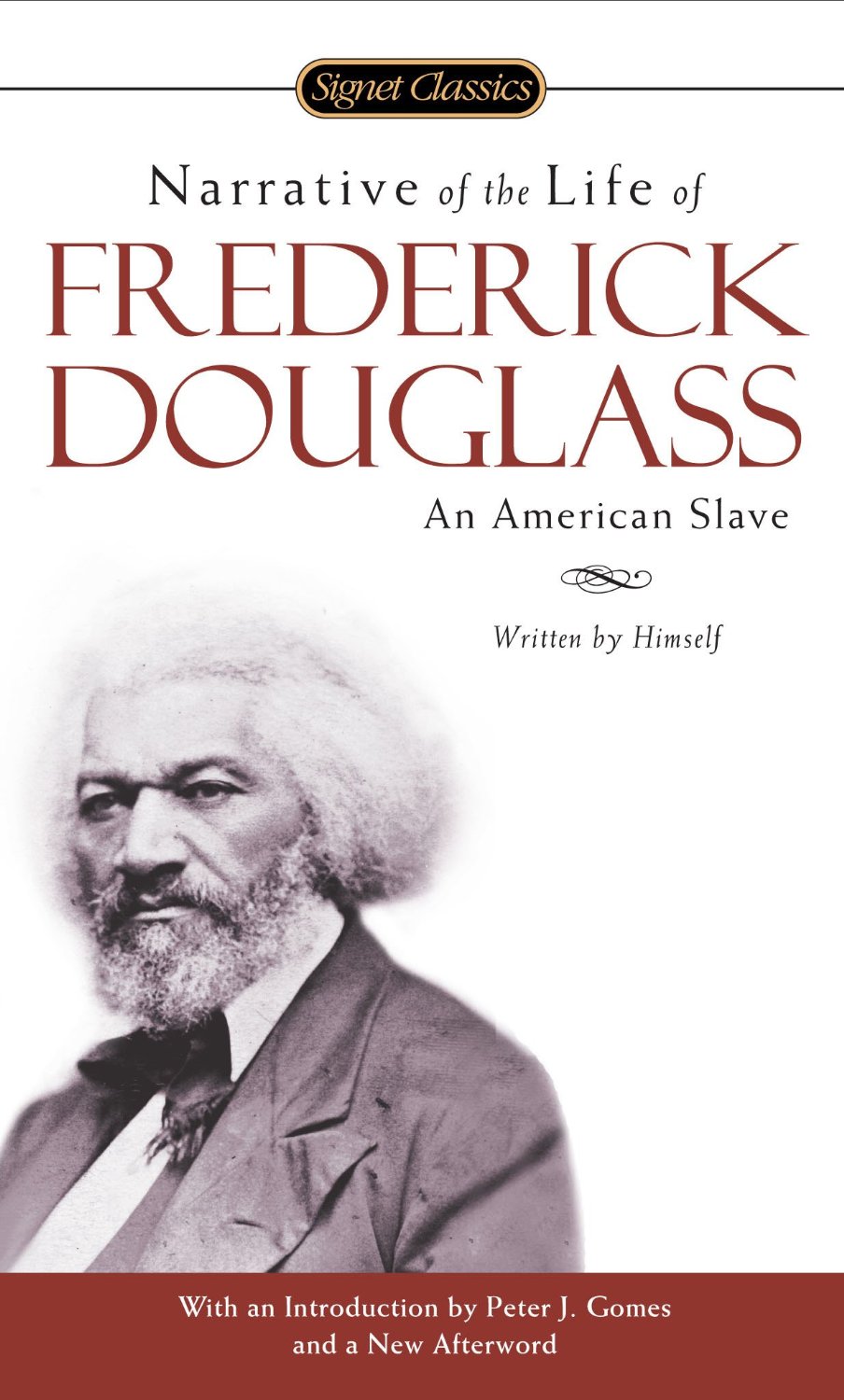
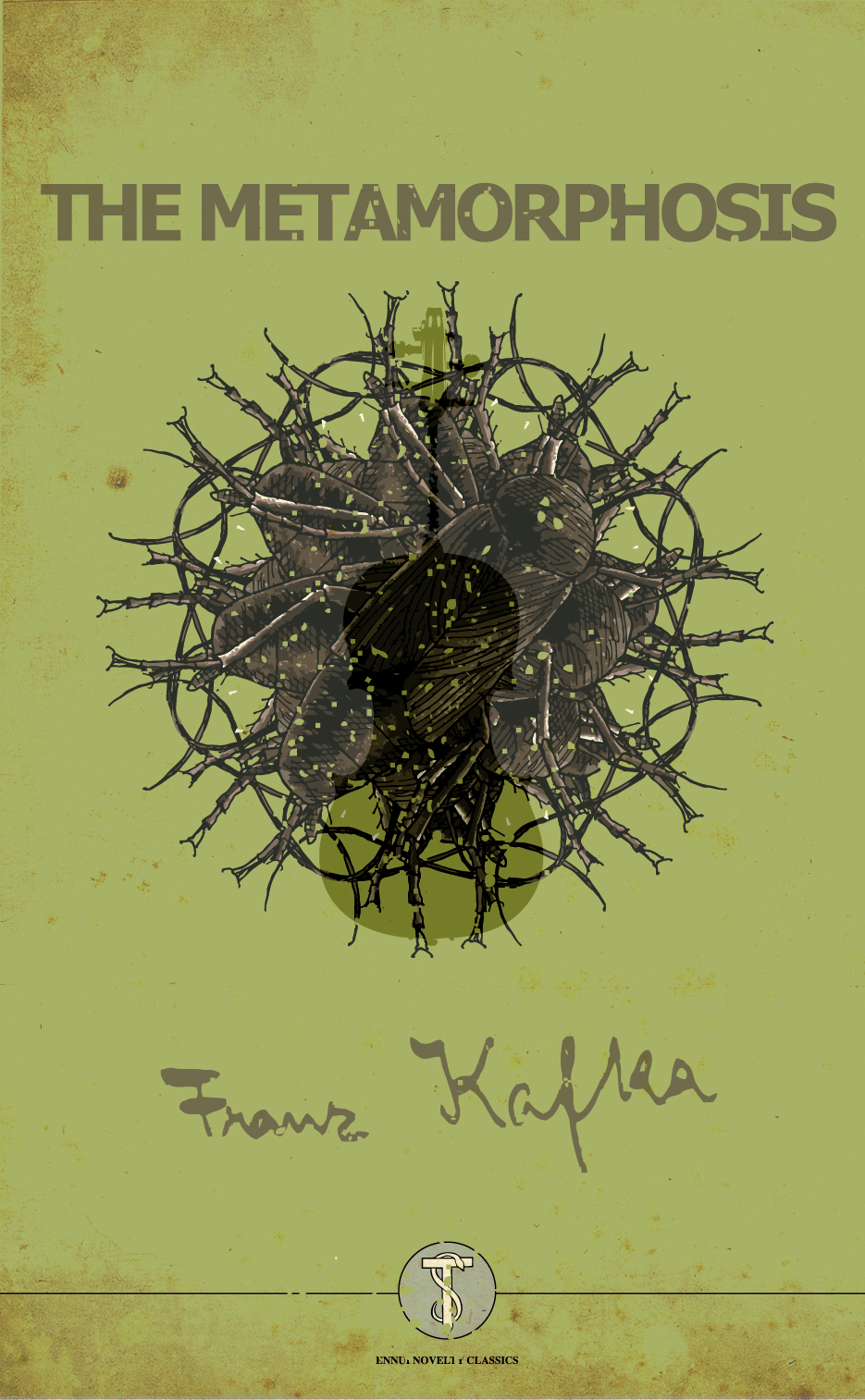
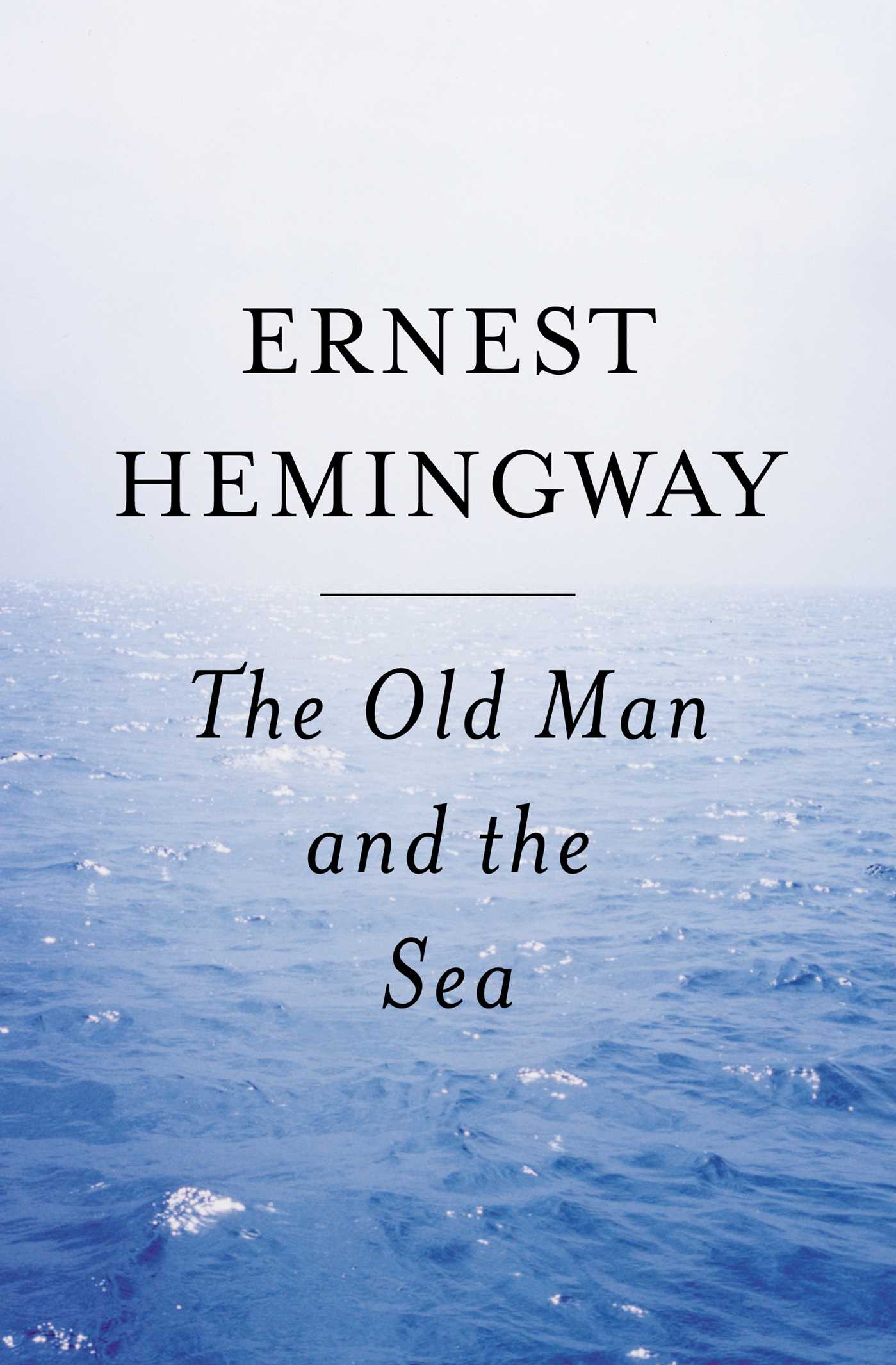
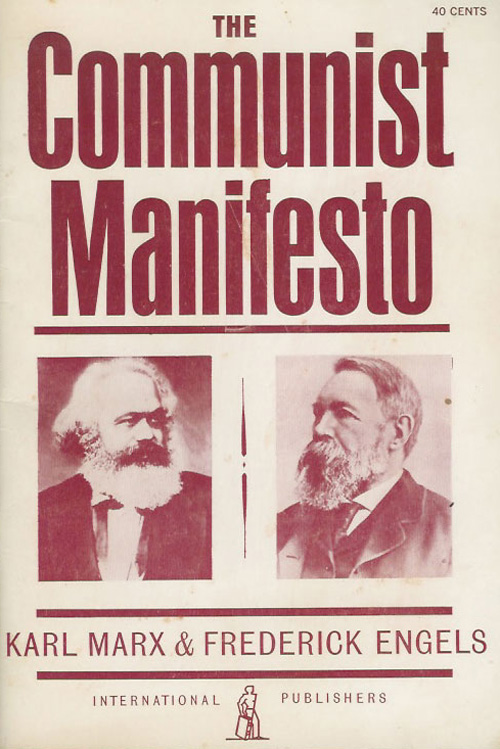
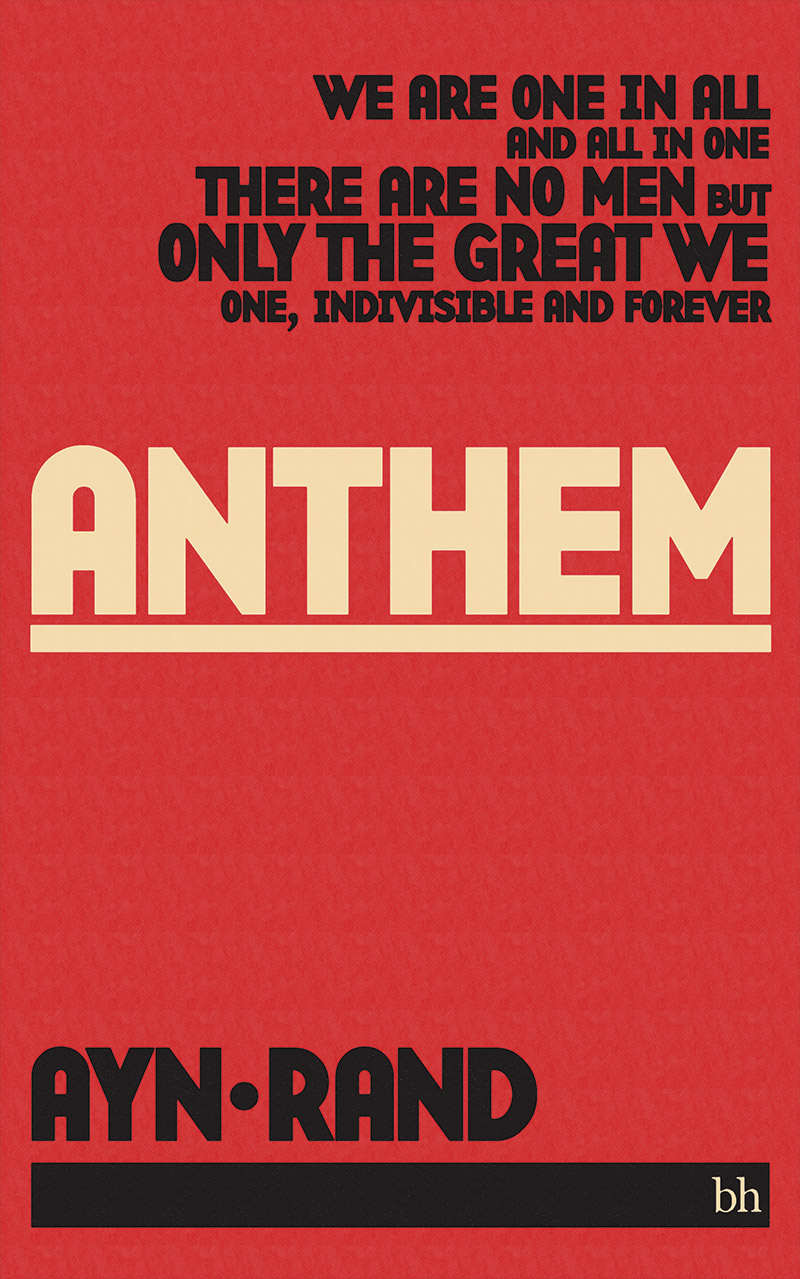
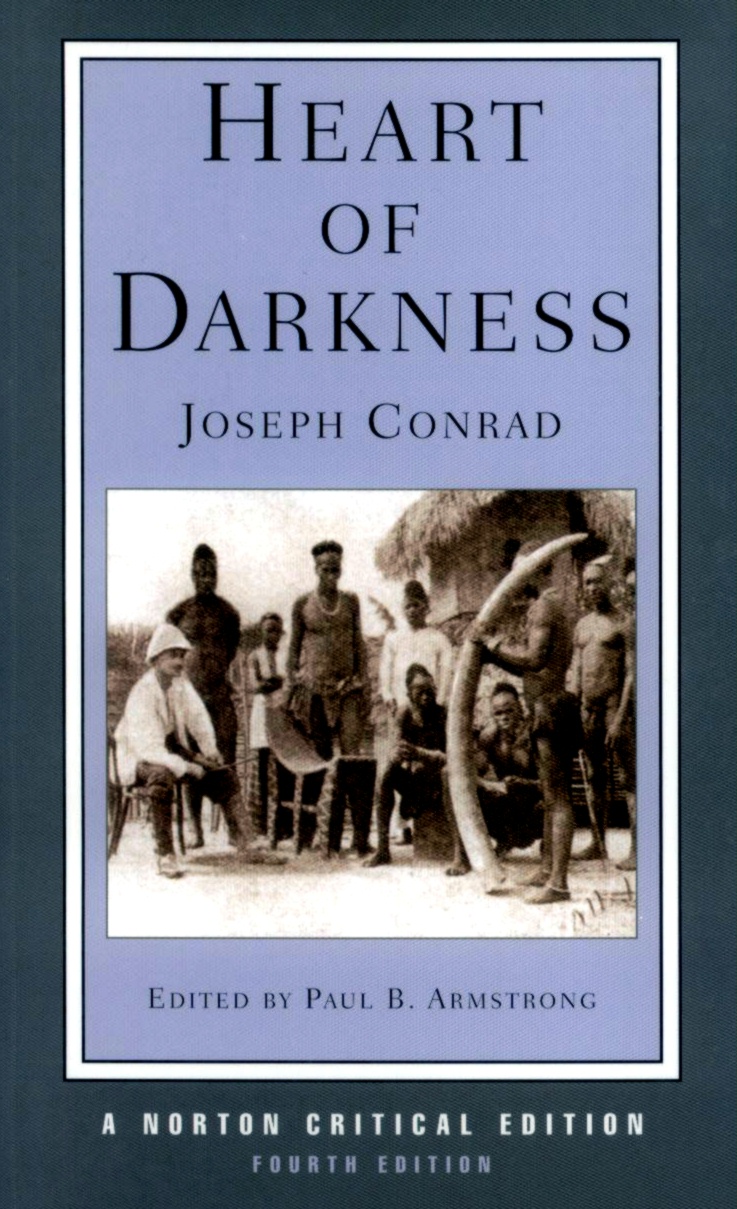
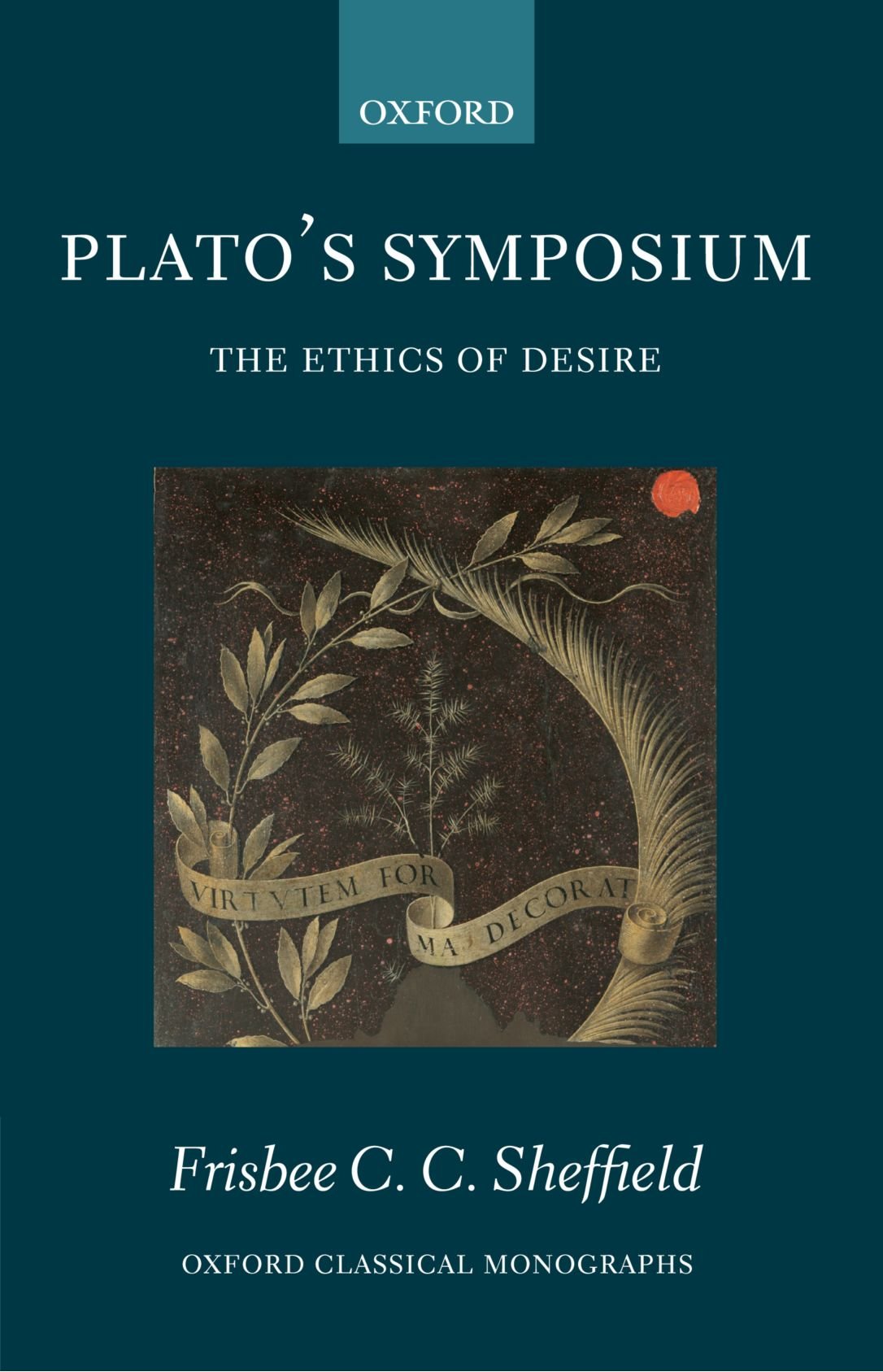
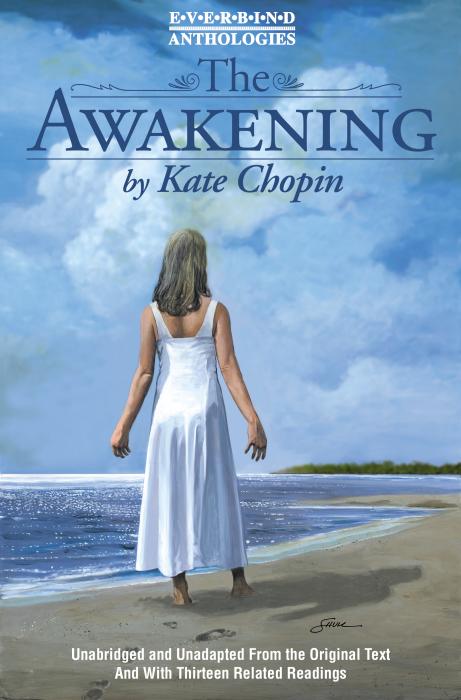
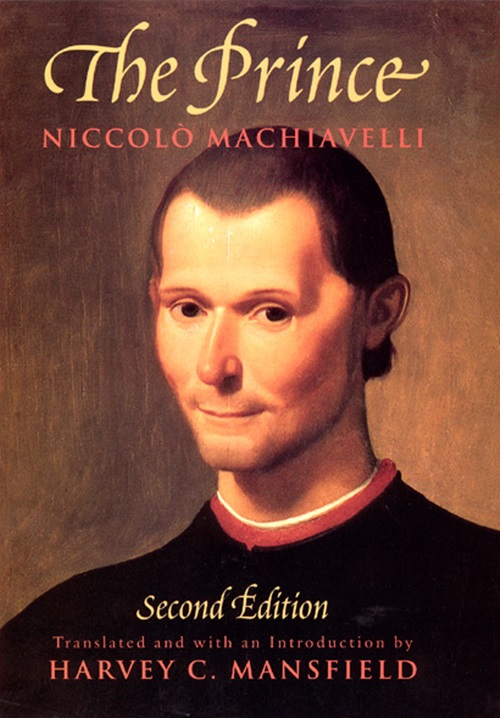
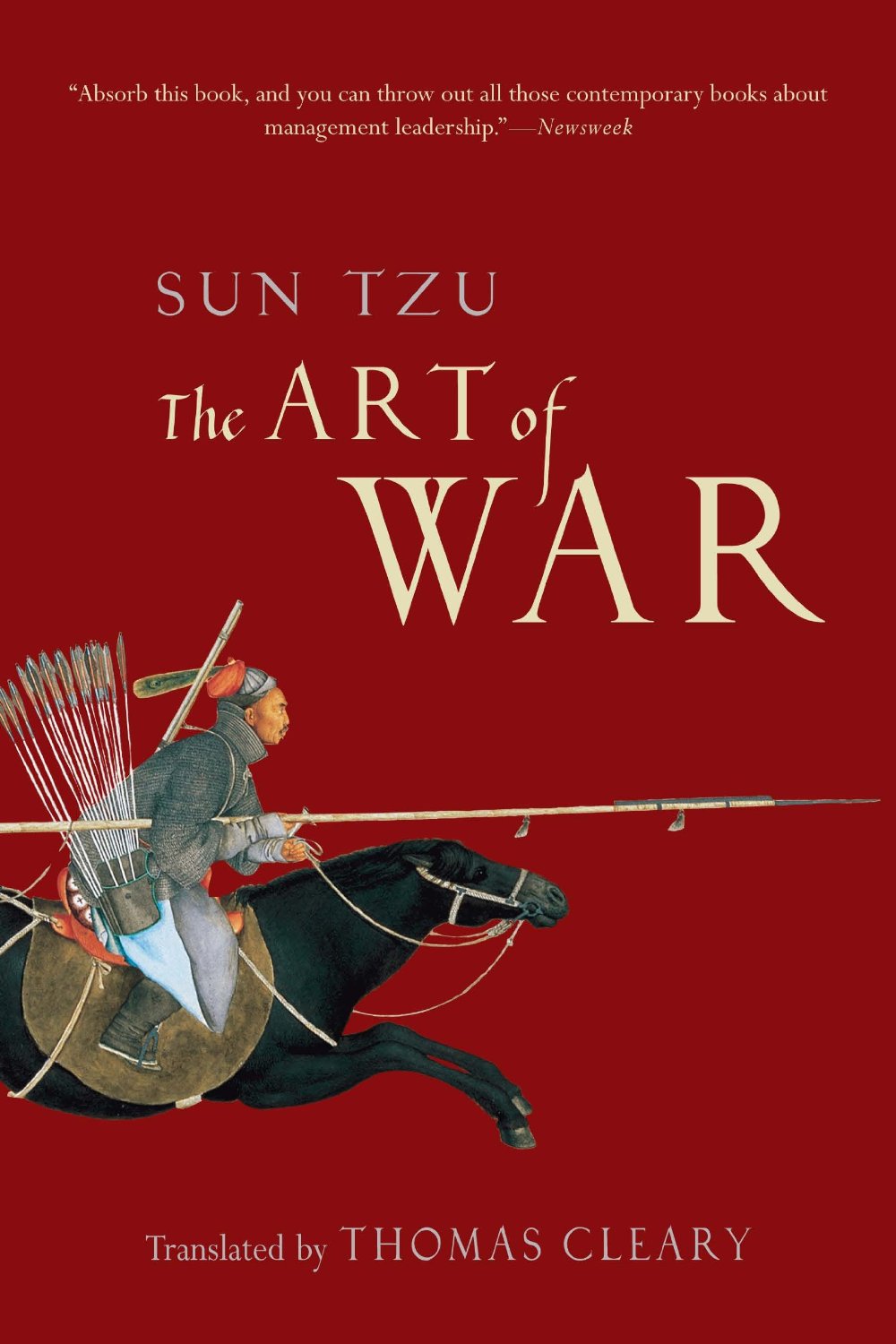

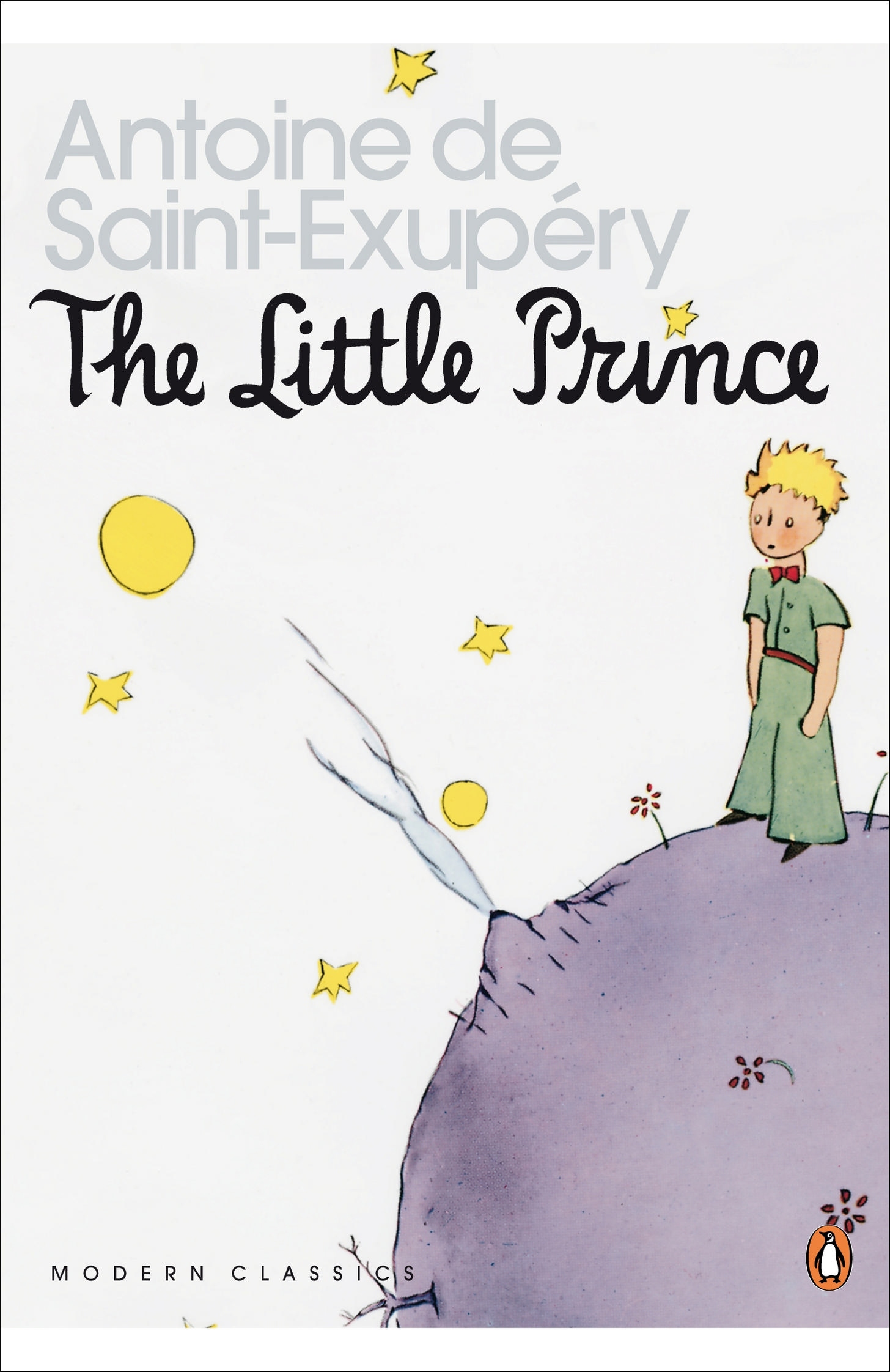

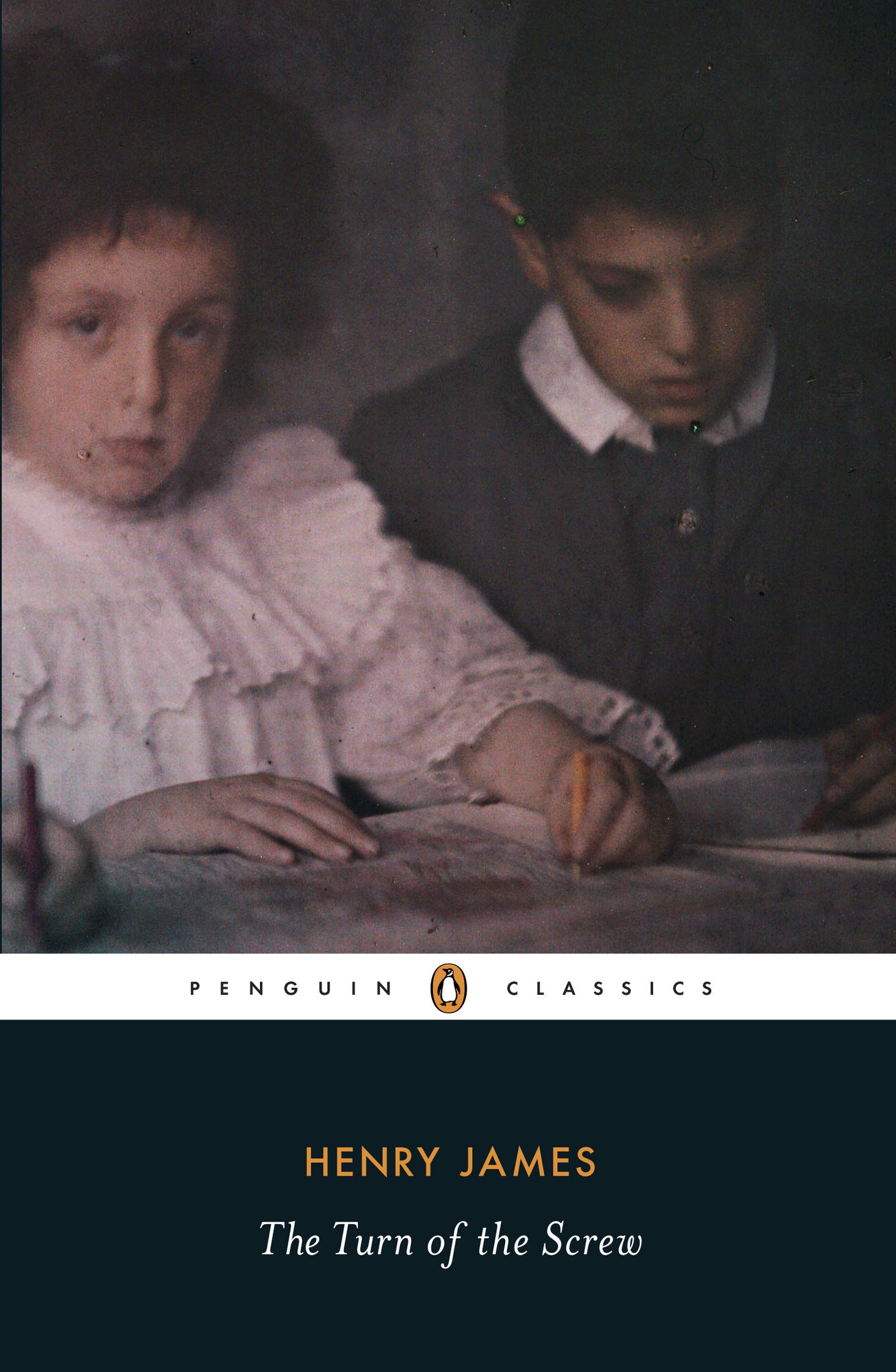
Read next: What Do the Words You Use Say About You?
More Must-Reads From TIME
- What Student Photojournalists Saw at the Campus Protests
- How Far Trump Would Go
- Why Maternity Care Is Underpaid
- Saving Seconds Is Better Than Hours
- Welcome to the Golden Age of Ryan Gosling
- Scientists Are Finding Out Just How Toxic Your Stuff Is
- The 100 Most Influential People of 2024
- Want Weekly Recs on What to Watch, Read, and More? Sign Up for Worth Your Time
Contact us at letters@time.com